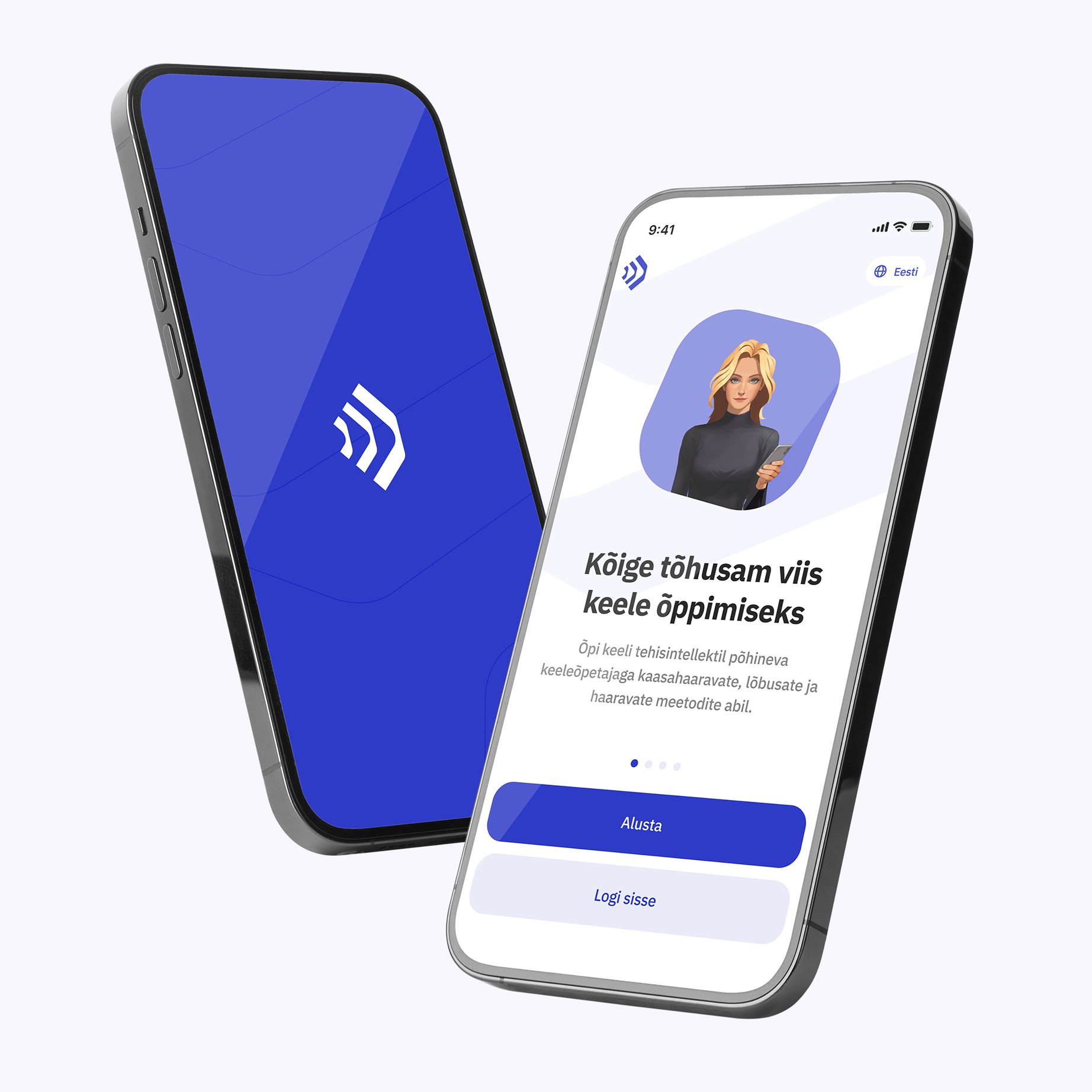Tuleviku ajaklauslite kasutamine: “when” ja “after”
2. She will start cooking *after* she finishes her homework. (Hint: Sõna, mis tähistab tegevust pärast midagi)
3. We will leave *when* the rain stops. (Hint: Sõna, mis näitab tegevuse toimumist samal ajal)
4. He will go to bed *after* he watches the movie. (Hint: Sõna, mis näitab tegevust järgnevalt)
5. They will meet us *when* the train arrives. (Hint: Sõna, mis ühendab kaks tegevust ajaliselt)
6. I will clean the room *after* I finish my work. (Hint: Sõna, mis näitab järjekorda)
7. She will call you *when* she gets to the office. (Hint: Sõna, mis näitab tingimust ajas)
8. We will have dinner *after* the guests arrive. (Hint: Sõna, mis tähendab “pärast”)
9. He will check his emails *when* he wakes up. (Hint: Sõna, mis viitab ajale)
10. They will start the meeting *after* everyone comes. (Hint: Sõna, mis näitab järjekorda)
Tuleviku ajaklauslite kasutamine: “before” ja “until”
2. I will wait here *until* you come back. (Hint: Sõna, mis näitab tegevuse kestust kuni mingini)
3. She must leave *before* it gets dark. (Hint: Sõna, mis tähistab aega enne)
4. We will stay here *until* the rain stops. (Hint: Sõna, mis näitab tegevuse lõpetamist mingil hetkel)
5. Call me *before* you go to bed. (Hint: Sõna, mis näitab tegevuse eelnevust)
6. They will not start the game *until* the referee arrives. (Hint: Sõna, mis näitab tegevuse algust pärast mingit hetke)
7. I will eat *before* the meeting begins. (Hint: Sõna, mis tähendab “enne”)
8. Wait here *until* I return. (Hint: Sõna, mis näitab tegevuse kestvust)
9. She should finish the report *before* Monday. (Hint: Sõna, mis näitab tähtaja eelne aega)
10. We will keep the lights on *until* you fall asleep. (Hint: Sõna, mis näitab tegevuse kestust)










